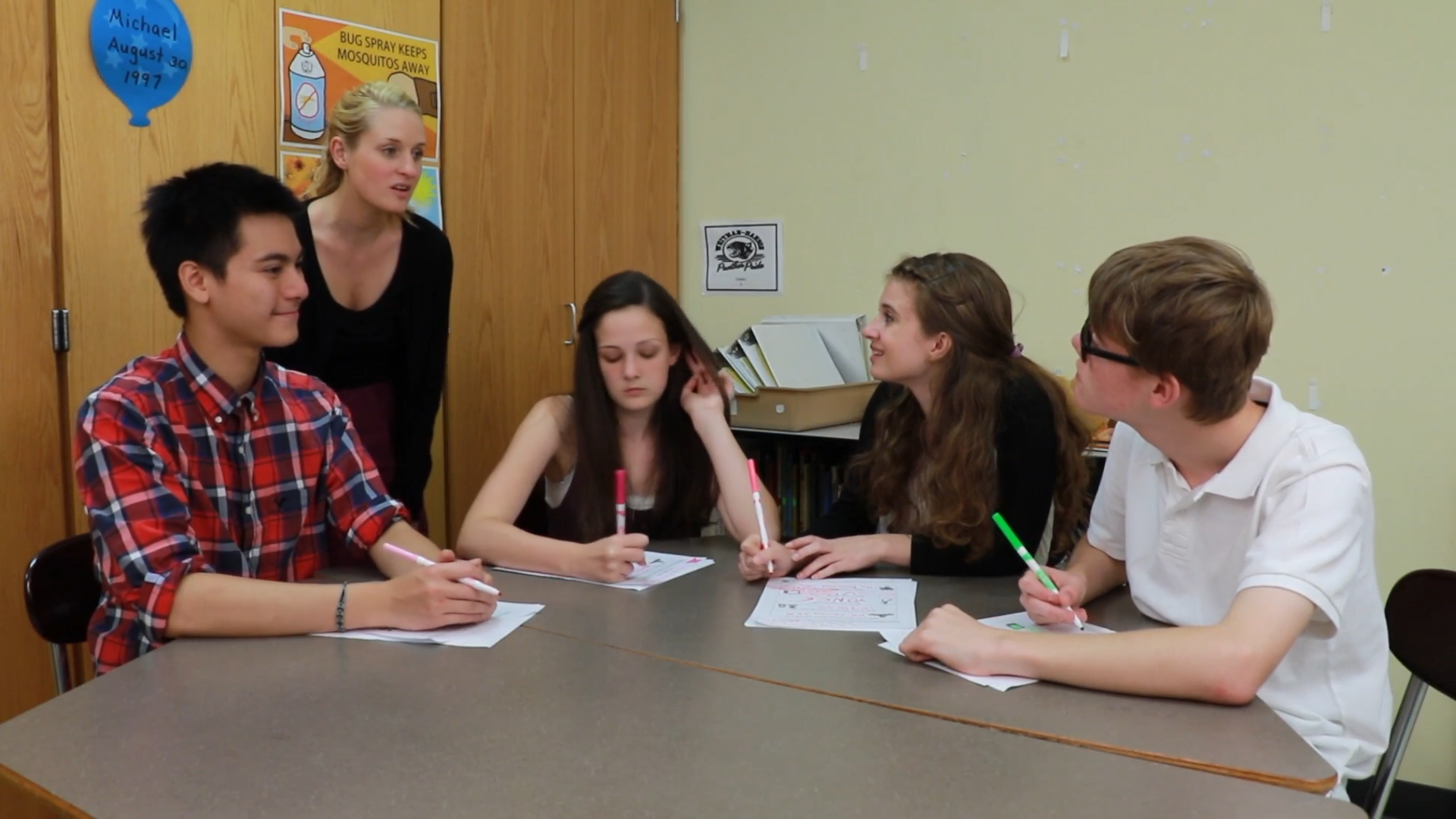As educators, we understand the importance of first impressions in social interactions, especially for middle school students in special education settings. By helping our students develop skills to make a good first impression, we can positively impact their learning, social interactions, and overall wellbeing.
Understanding the Importance of First Impressions
First impressions are the initial thoughts and opinions that people form about us when we meet them. These impressions can significantly influence how others perceive and interact with our students. By teaching middle school students the skills to make a good first impression, we can empower them to create positive connections and foster a supportive learning environment.
The Role of Specialists
Various specialists can support the development of first impression skills in middle school students:
- Speech-Language Pathologists: Can help students improve their verbal and non-verbal communication skills, which are crucial for making a positive first impression.
- Social Workers: Can assist students in understanding social cues and expectations, enabling them to navigate social situations more effectively.
- Psychologists: Can provide strategies for students to manage anxiety and build self-confidence when meeting new people.
- School Counselors: Can guide students in developing interpersonal skills and fostering positive relationships with their peers.
IEP Goals for First Impressions
Here are some SMART IEP goals to improve first impression skills in middle school students:
- Goal: The student will greet new peers and adults with a smile, eye contact, and a verbal introduction, in 4 out of 5 opportunities, as measured by teacher observations and student self-assessment.
- Strategies/Activities: Role-playing, modeling appropriate greetings, providing social scripts, and offering positive reinforcement.
- Goal: The student will engage in appropriate small talk during initial interactions with new peers in 3 out of 4 opportunities, as measured by teacher observations and student self-assessment.
- Strategies/Activities: Practicing conversation starters, teaching active listening skills, and offering guided practice with peers.
- Goal: The student will exhibit positive non-verbal communication (e.g., maintaining eye contact, using open body language) during initial interactions with new people in 80% of opportunities, as measured by teacher observations and student self-assessment.
- Strategies/Activities: Demonstrating positive body language, offering visual cues, and providing opportunities for self-reflection and feedback.
Implementing and Measuring Progress
To effectively implement these IEP goals, educators can:
- Collaborate with specialists to develop tailored strategies for each student.
- Provide consistent opportunities for students to practice first impression skills in various settings.
- Monitor progress through regular observations, feedback, and assessments.
- Adjust goals and strategies as needed, based on student progress and needs.
Conclusion
By focusing on improving first impression skills in middle school students, we can enhance their social interactions and overall wellbeing. Implementing effective IEP goals and collaborating with specialists can lead to lasting positive outcomes. We encourage you to explore more resources and apply these strategies in your educational setting. For additional support, check out the Everyday Speech Sample Materials.






